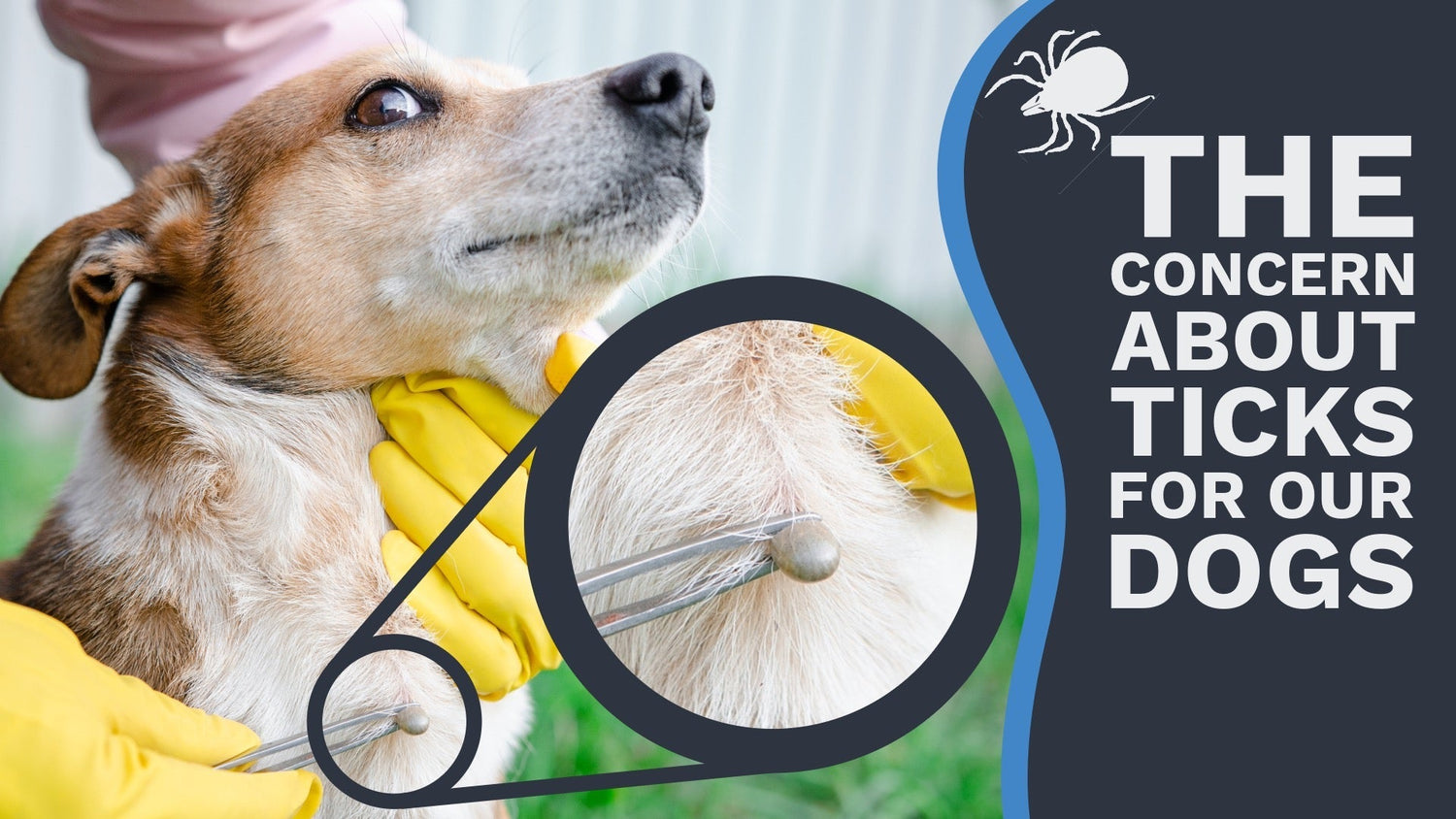Tick populations are growing in Ireland and across Europe and climate change is making our environment more suitable to ever more tick species from Africa and Asia as well. Ticks can pose problems to both humans and our dogs through injury or complications from being bitten, and ticks can of course pass on diseases to their hosts as well.
Facts about ticks
Ticks can live in both urban and rural environments and can often be found in wooded or grassy areas and often enjoy a humid environment, that we are so familiar with here in Ireland. Ticks are typically thought to be most active between April and October, in the warmer months, where we also tend to be more active outdoors with our dogs.
Why prevention is better then cure!
Prevention is regarded as better than cure when it comes to tick bites, particularly because bite sites can later become infected in their own right. As well as Lyme’s disease and encephalitis, dogs can pick up a whole host of other tick-borne diseases. There are a whole host of sprays and spot-on products from the natural and chemical worlds that can work as a repellant for ticks and other common pests.
You can check out some great options we stock at Ruby Reese:
What to do in case of a tick bite!
In case a bite actually does occur, it is recommended to remove the tick immediately without squeezing the body or removing the mouth as this may cause your dog to contract a disease from the tick. Instead, it is recommended to remove the tick in a twisting motion, which can be aided by a tick removal tool if you have one to hand. Keep bite sites clean and disinfected as best you can and seek veterinary advise, particularly if you notice any unusual symptoms or behaviour in your dog.





0 comments